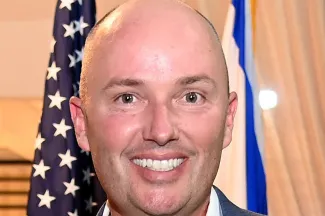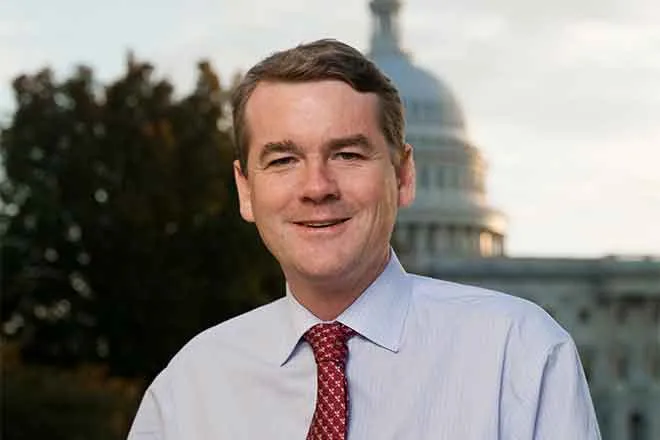
Public broadcasting funding cuts could hurt rural Utah communities
Click play to listen to this article.
State officials are concerned congressional cuts to funding for public broadcasters could hurt dozens of rural communities across Utah.
House members approved a bill early Friday to claw back $1.1 billion from the Corporation for Public Broadcasting, which is used to fund programming on Public Broadcasting System and National Public Radio stations. President Donald Trump is expected to sign the bill.
Governor Spencer Cox is concerned the changes will hit rural communities the hardest.

Utah Governor Spencer Cox
"I worry about the impacts that will have on safety, security, broadcasting in our local areas," Cox emphasized. "As somebody who lives in rural Utah, I think about our tribal nations as well. These are resources that are really important."
PBS and NPR outlets are based at the University of Utah but rebroadcast programming across the state via remote transmitters. The bill cuts $2.5 million from Utah broadcasters. The stations must now look to other sources, mainly viewers and listeners, to make up the funding shortfall.
Republican lawmakers have long called for an end to federal government funding for public broadcasting, claiming much of the news and other programming on PBS and NPR showed a liberal bias. While he agreed the public should not fund what he calls a "forum for partisanship," Cox stressed he is unsure the move will be effective.
"One of the things I'm most worried about is that these cuts actually won't do what some members of Congress think it will do," Cox asserted. "PBS and NPR will still go on probably doing what they do. But the locals, these are the things that are going to be cut, these are the things that will fall away."
Utah public broadcasters say the cuts will likely mean fewer regular programs and less local news. Currently, most local broadcasters cover an average of about 20 percent of their annual budget through government funding, but in smaller states and tribal nations, it can be as much as 50 percent.
















